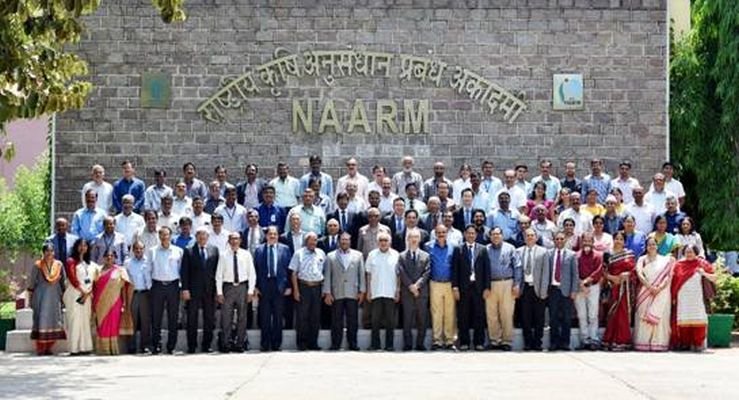SAARC accounts for one-fourth of the global population and around 67 percent of its population lives in rural areas (as per 2014 statistics). Almost half of the workforce is employed in the agriculture sector and around 42 percent of South Asia’s landmass is under agricultural operation.
Much of the agricultural production in the region is undertaken by small holders and an average range of landholding in SAARC countries varies between 0.3 to 1.4 hectares. Agriculture plays a central role in South Asian economies, lives and livelihoods. Crops grown in the region are important, both for regional and global food security.
Agricultural experts from SAARC nations will present a position paper on ways and means of addressing impact of climate change on agriculture and discuss adaptation measures for climate resilient agrarian systems at the three-day SAARC regional Conference on “Climate Resilient Agricultural Policies, Strategies and Programmes”.
The regional Conference was inaugurated by Chief Secretary of Telangana, Dr.Shailendra Kumar Joshi,at ICAR-National Academy of Agricultural Research Management (NAARM) in Hyderabad today. More than 80 senior officers and agricultural experts from Afghanistan, Bangladesh, Bhutan, India, Maldives, Nepal, Pakistan and Sri Lanka attended the inaugural session of the Conference.
The consultation will not only strengthen partnership amongst SAARC countries on climate resilient agricultural systems, but also cover research, economics and innovative policy towards climate smart agriculture in South Asia. A discussion on the UNFCCC decision on agriculture will also be held during the Conference.
It is only through combined strength that we can address the looming threat of climate change. The regional consultation provides such a common platform for South Asian countries to learn, share and reflect on the impact of climate change on agriculture.
The regional consultation is also opportune because Parties to the UNFCCC at CoP23 had put in place for the first time a joint work programme on climate change and agriculture.






